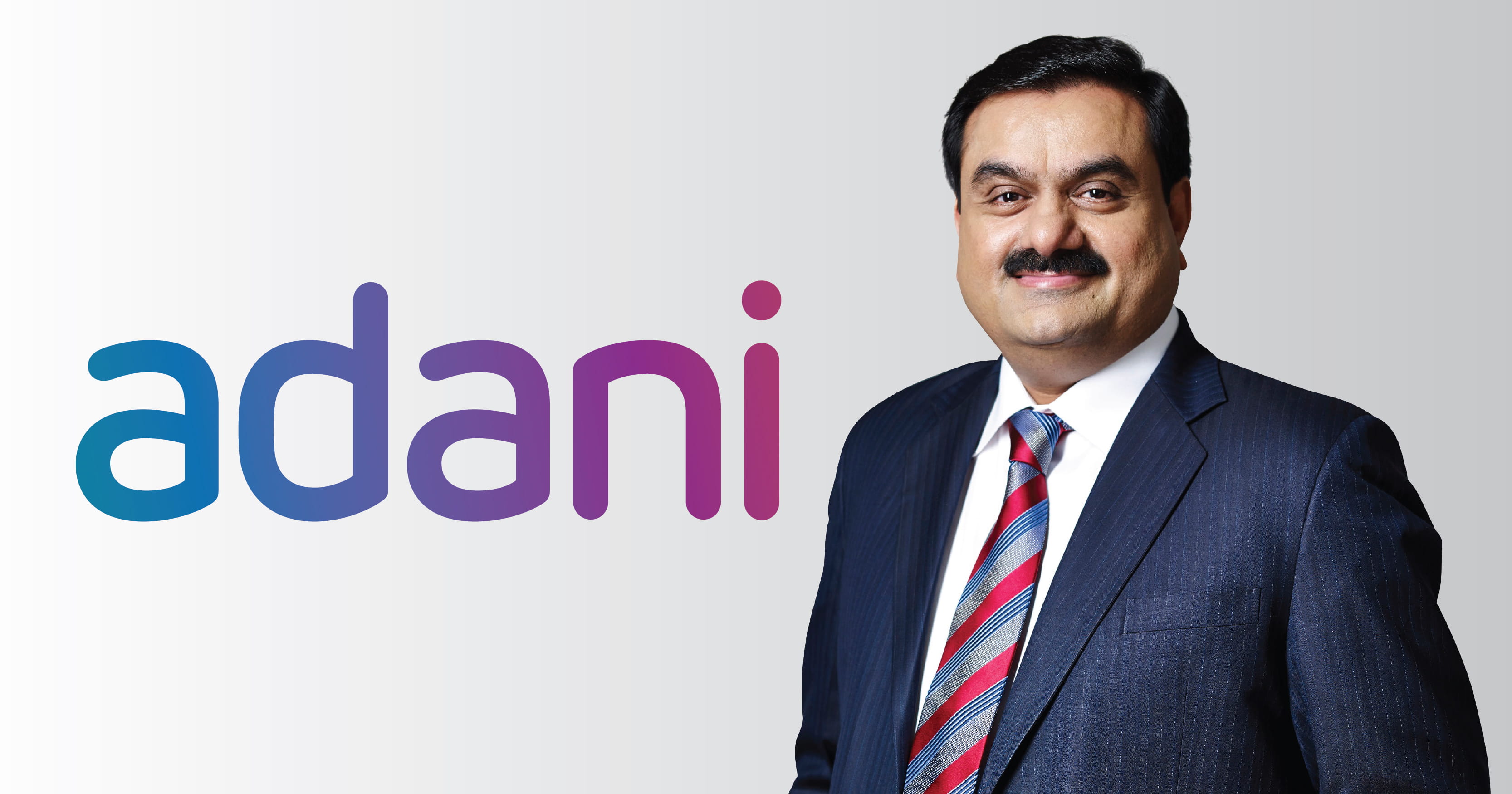ADANI ENTERPRISE TO RAISE RS 1000CR VIA PUBLIC ISSUE OF DEBENTURES

Adani Enterprise
Adani Enterprises Ltd is a unit of the Adani Group and is an international holding company with a public listing in India. Its main activities include the mining & trading of iron ore and coal and its headquarters are in Ahmedabad. It also has corporate holdings in culinary oils, data centers, solar manufacturing, and the operation of airports, as well as in the construction of roads, rails, and water systems.

Adani planning on raising funds
Adani Enterprises intends to raise money through the issuing of debt instruments, either through a private placement or a public offering, in one or even more tranches, pending the receipt of any necessary regulatory or legislative approvals as well as the consent of the Company’s members. Adani Enterprises is a provider of infrastructure. The corporation works in electricity production and transmission, gas distribution, ports, multimodal logistics, coal trading, coal, oil and gas exploration, and ports.
Overview of the issue of debentures

Raising capital is one of a company’s major problems in its early stages. Even though there are many possibilities, including Business Angels, Bank Loans, Venture Capital, and Personal Investment, obtaining money through the sale of public debt securities is thought to be the greatest choice for a new business. Companies can borrow money at a set rate of interest by issuing long-term contracts called debentures. The individual who owns debentures is referred to as the debenture holder, and this interest is referred to as the debenture interest.
Debentures are debt instruments issued by firms, whether secured or unsecured, according to the Companies Act of 2013. Debentures can serve as a representation of the company’s creditors, which contains information such as the interest rate, loan amount, & maturity date. Additionally, a business can transfer debentures by its AOA (Article of Association).
Advantages of issuing public debentures
The benefits of issuing a debenture can be summed up as follows:
- The voting rights and share capital of the corporation are unaffected by the issuance of Debentures;
- Stamp duty on the issuance of debentures is due in the amount of 0.05%, which is lower than the stamp duty due on the owner loan;
- The business annually pays interest;
- There is no legal cap on the amount that can be converted or redeemed for unsecured debentures;
- Debenture holders are granted precedence over shareholders during the winding-up process;
- Compared to other forms of borrowing, debenture issuance is a more affordable source of financing;
Key features of debentures:
- Debentures indicate the company’s debt but do not grant voting rights;
- Whether secured or unsecured, debentures
- Debentures can be either convertible or not;
- Debentures may be redeemed or may not;
- Debentures may have a fixed-rate interest component or a zero percent rate of interest.
- A DRR (Debenture Redemption Reserve) account must be established by the Issuer company using the earnings available for dividend payments. Additionally, the corporation is only permitted to use the funds credited to this account for debt redemption;
- Ten years are given for the repayment of secured debentures under Rule 18 of the 2014 Companies (Share Capital & Debentures) Rules. Unsecured debentures, however, cannot be redeemed for a set length of time;
- Debenture holders are granted precedence over shareholders during winding-up;
- The Debenture has a seal of the Company, but Convertible debt is not the proprietors of the Company.
- Debentures encourage both long-term planning and funding;
- The least risky financing option is the issuance of debt obligations because interest must be paid even if a company experiences losses. Interest on debt obligations is also tax deductible.
The situation of raising 1000cr through debentures

On Wednesday, Adani Enterprises said that its board has approved in principle raising $1,000,000,000 through private placements of NCDs. The business added that it would seek the approval of the shareholders before financing a maximum of Rs 2,500 cr through QIP.
It also said that the money will be collected in several installments. It claimed that the board had also advised getting the shareholders’ approval to raise a maximum of Rs 2,500 crore by the issuance of share capital, convertible bonds, and other securities through qualify.
The issuing of Non-Convertible Debt securities for an amount not to exceed Rs 1,000 cr in one or even more tranches on a private placement basis has received the Board of Directors’ approval in principle.
The Board has also suggested enabling resolutions for the shareholders to consider at the upcoming annual general meeting (AGM) to raise money through the issuance of equity shares or convertible bonds through a qualified institutional placement (QIP), GDRs, ADRs, FCCBs, FCEBs, convertible securities, or other equity instruments for a maximum total of Rs 2,500 crores, the company said in a BSE filing.
Previous instances of issuing debenture to raise Adani’s fund

The company announced in a regulatory filing to stock exchanges on Monday that the aforementioned debentures would be listed on the BSE’s wholesale debt market segment. The face value of each of the debentures is Rs. 10 lakh. 1,000 Rated, Specified, Secured, Redeemable, Principal Covered Market Link Non-Convertible Debentures (MLD) were distributed by the corporation.
Non-convertible debentures are frequently utilized by businesses to raise long-term capital. The company’s shares increased by more than 1% this morning. The shares have provided investors with a startlingly high return of more than 120% so far this year. This action increased the price of Adani shares by a minimum of 2.65% during the day.
On the BSE, Adani Enterprise shares increased by Rs 77 or 2.08% to settle at Rs 3,778.90 a share after reaching an intermediate high of Rs 3,800 per share. The market value of the company is roughly Rs 4,30,795.02 billion. Ambuja Cements’ stock, meanwhile, increased its gain from earlier in the session to reach a new record high. It was trading about 2% higher this morning.
According to Gautam Adani, Chairman of the Adani Group, “What makes cement an attractive company is the headroom for expansion in India, which surpasses that of any other country far beyond 2050.” By no earlier than 2030, the chairman predicts, the Group will surpass all competitors as the biggest and most productive cement company.
edited and proofread by nikita sharma




